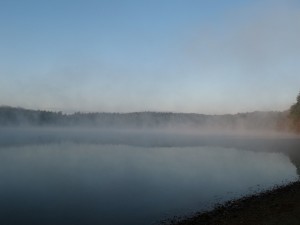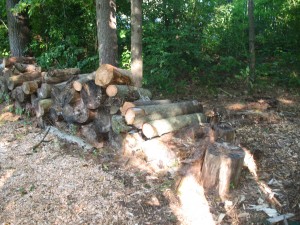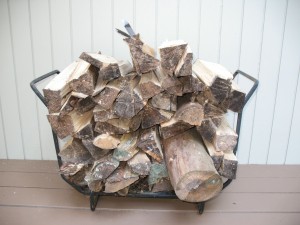We all do it. At some point in our readings of Henry Thoreau, we begin to imagine his life beyond its span. And then it isn’t long before we bring him to our neighborhood and our time. “What would Henry make of that?” we wonder. And then we wonder if we said it aloud.
This morning over coffee – yes, unnatural stimulant; water should do as elixir, I know – I wondered what Henry would make of a short clip I watched on boston.com. (I’ve put in the link below.) I’ll leave aside the whole discussion of watching life from remove for a while, and simply wonder about one of the “actors” in the clip.
The 40-second clip opens with an aerial view of an urban setting. The camera, borne aloft by a drone (quadcopter, it’s called) looks down over some hard-used playing fields by a river. The viewer suspects the drone’s ‘human companion’ is somewhere below on the playing fields.
A hawk soars by and appears to take an interest in what’s sharing his airspace. Effortlessly he veers its way; then, there’s the approach: still simply soaring, the hawk arrows in, at one point tilting his wings nearly 90 degrees to maneuver. He grows larger in the lens; the sky become hawk. Just so, if you were a duck. A few yards away, the hawk switches to talons first, flaring his wings. “Contact,” as Henry would say. “Contact.”
The drone begins to tumble down. Its camera catches the hawk lifting away. Then the drone is on the ground, the playground. Fittingly, the drone lands upside down, its world inverted.
Aside from reveling in the hawk’s takedown of what promises to be another noxious invention, what would Henry make of this moment?
One suspects a complicated response (including appreciation for the mechanics and optics of the drone), ending perhaps with a simple injunction: be wary of what distances you from the world.
Flying drones is an extension of the model airplanes that used to drone endlessly over the fields next to my boyhood house. Stuck on the field below, kids dreamed of flight, perhaps of becoming pilots, joining themselves to the long skein of bird-enviers in our race. But, of course, they had to use their imaginations to get a plane’s-eye view of our neighborhood.
Drones with their cameras change that. They take our eyes and mind where we can’t be, but, in doing so, they make us less aware of where we are. All our inventions that remove us from contact with what we see and sense pull us too from life. Our immersion in what isn’t would worry Henry, I think.
Here’s the link; see for yourself and let us know what you think: http://www.boston.com/news/2014/10/10/hawk-drone-video-captures-hawk-attack-quadcopter/fuZU493QFWyov65VoCbQWP/story.html?p1=Topofpage:Carousel_sub_image



